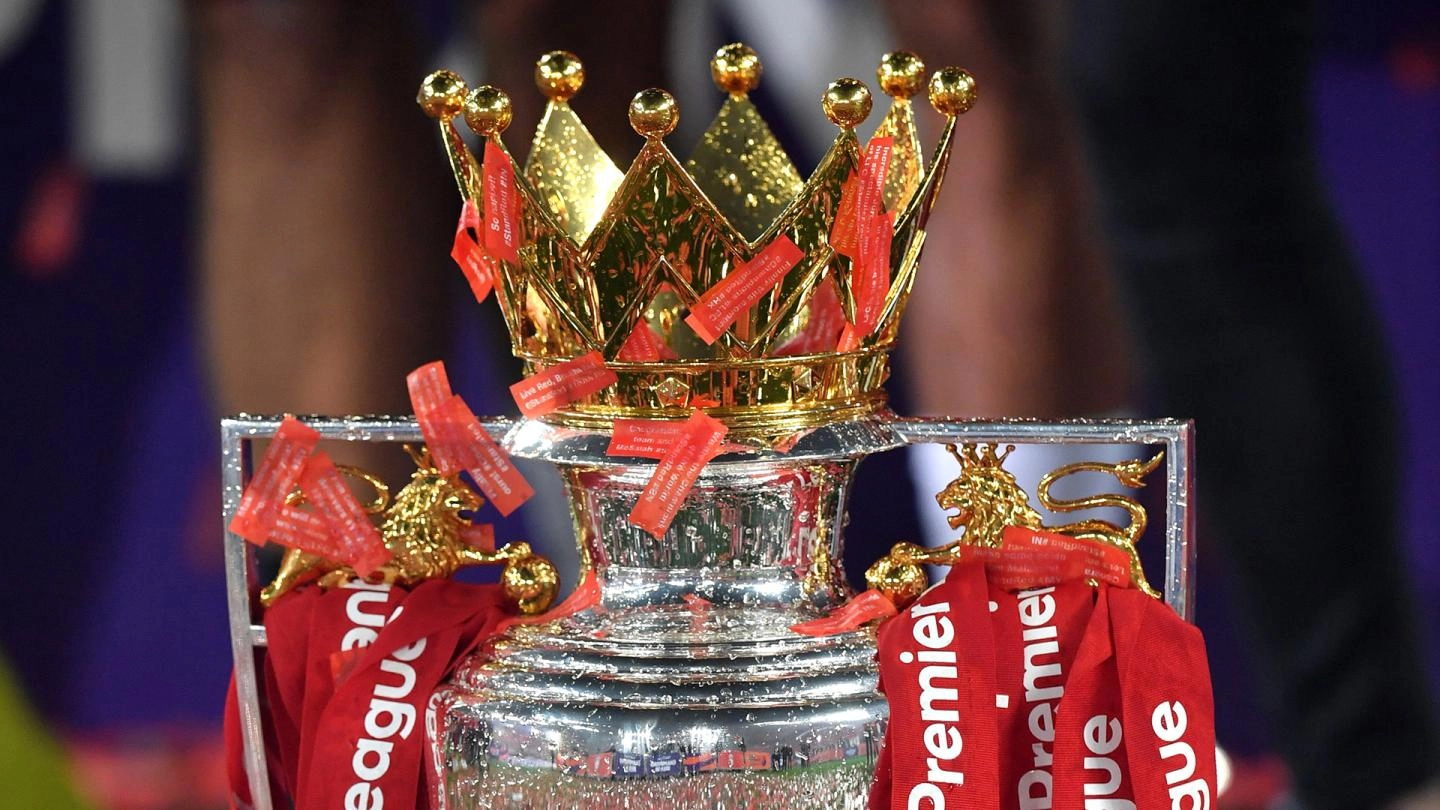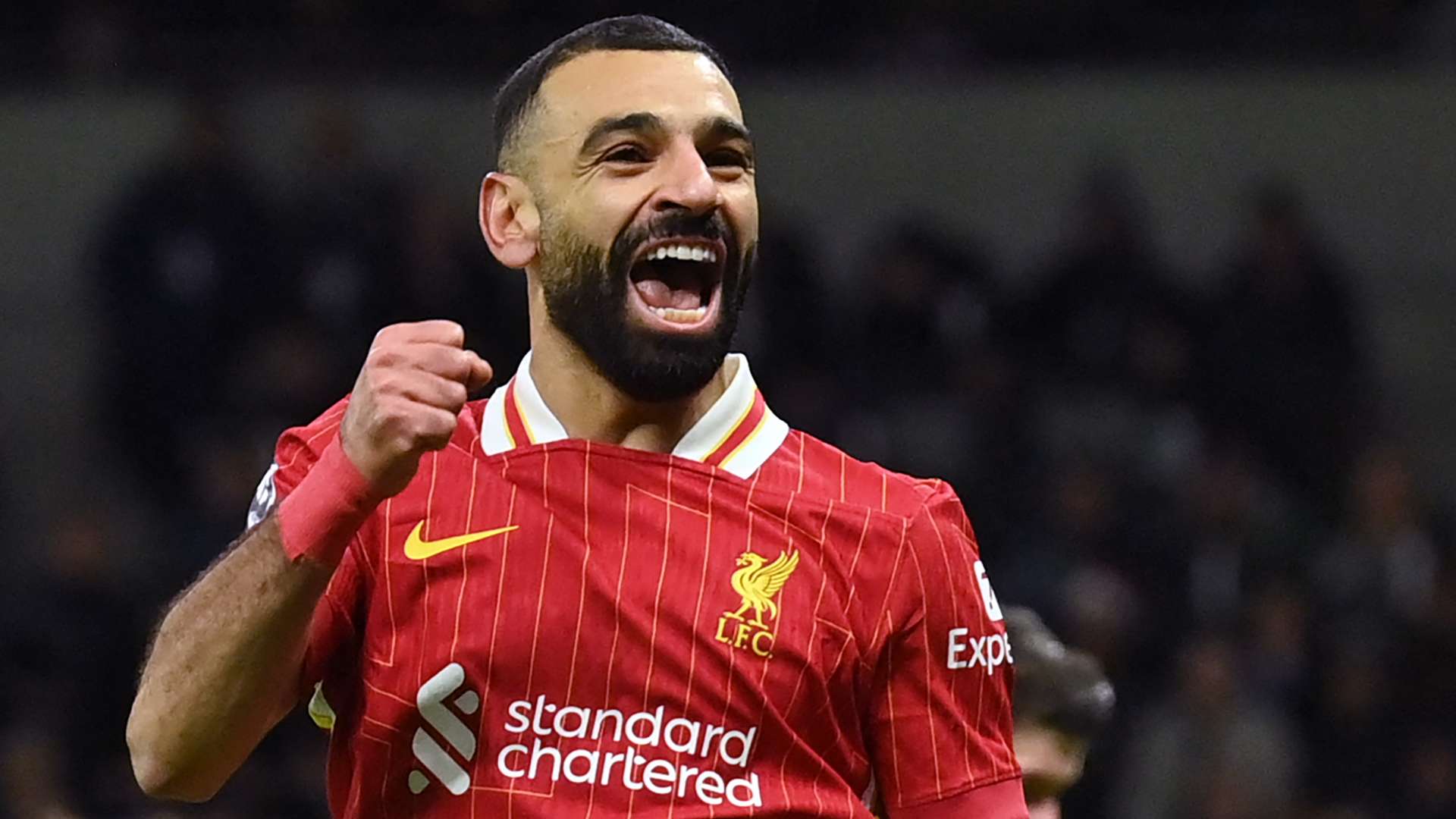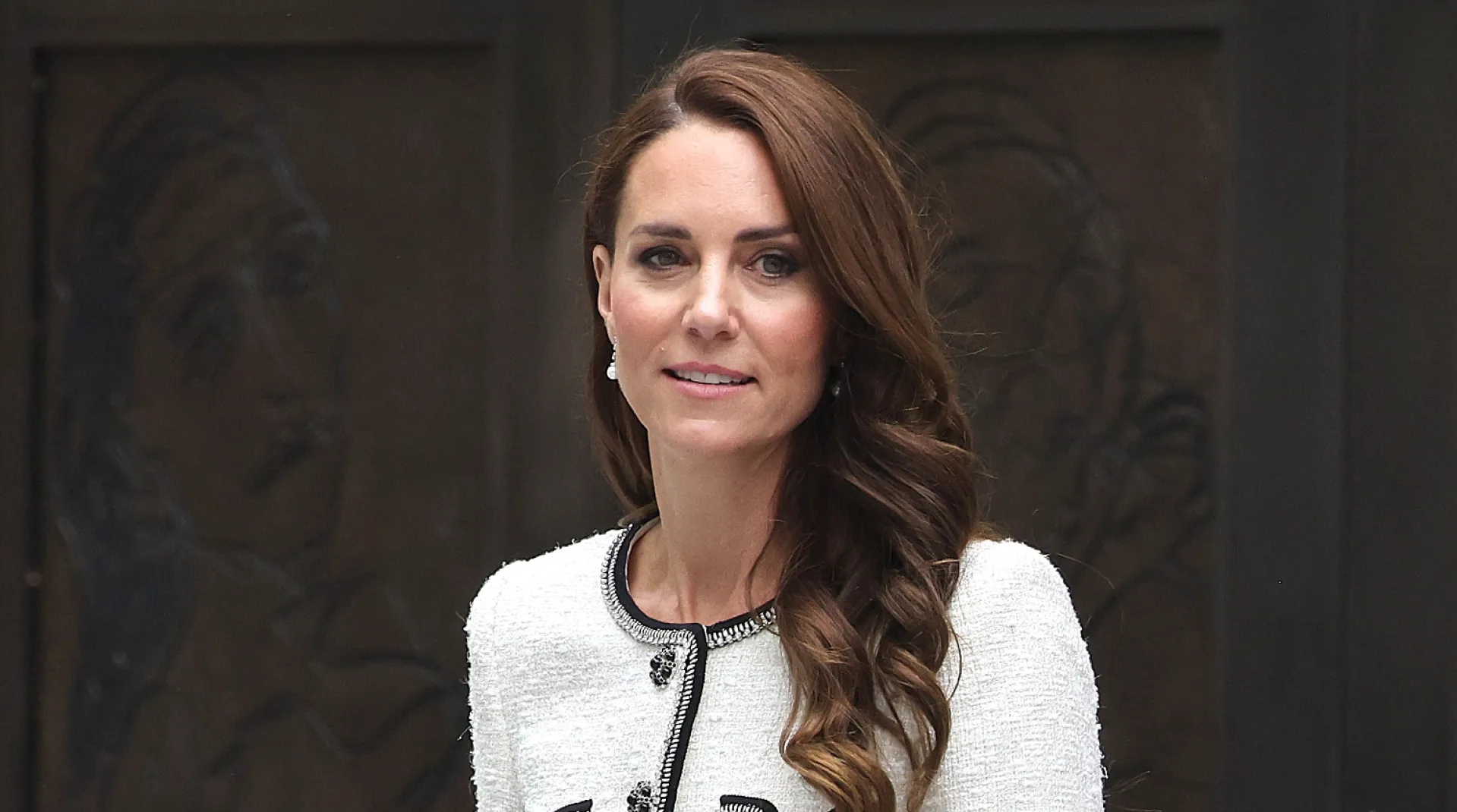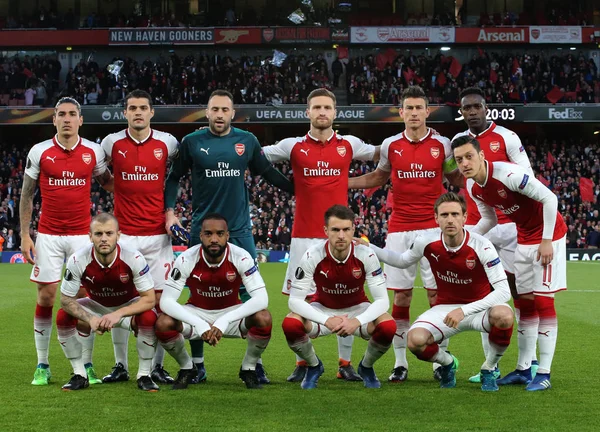Echoes of Anfield: How Liverpool’s Greatest Triumph Was Won Without Its Fans

Since his first match-day announcement at Anfield on August 14, 1971, George Sephton has barely missed a Liverpool home game, witnessing the club's golden era of 11 First Division titles between 1973 and 1990. Back then, if someone had suggested Liverpool would wait another 30 years to lift the league trophy again, Sephton admits he would have thought they were "crackers," given how dominant the club seemed.
Fast forward to March 2020, Liverpool, under Jürgen Klopp, were 25 points clear atop the table and looked certain to finally break their title drought in the Premier League era. However, the world came to a standstill as Covid-19 struck, forcing the league into an unprecedented hiatus. When matches resumed months later, the Reds’ long-awaited triumph unfolded in eerie silence, with Sephton returning to announce to empty stands at Anfield.
"It was spooky," Sephton recalls, lamenting how only about 600 people were present—including media and staff—when Liverpool lifted the trophy, while millions of fans, denied entry by the pandemic, watched from afar. Neil Atkinson, CEO of The Anfield Wrap, described the experience as bittersweet, noting how many supporters had centered life plans around witnessing the victory in person, only to be robbed of that once-in-a-generation moment.
Yet, Liverpool fans found inventive ways to celebrate. Atkinson reminisces about spending the night on a beach with friends, socially distanced, launching fireworks and playing "Nessun Dorma," creating a surreal memory he says will stay with him forever. Meanwhile, Chris Pajak of The Redmen TV, formed a Covid bubble with a friend and streamed watchalongs to tens of thousands of fans, offering a small sense of togetherness despite the hollow atmosphere.
Many supporters feel that the absence of public celebrations cast a lingering shadow over the Klopp era. Pajak explains that fans felt "cheated," having been denied a parade or mass gatherings to honor the team. Some believe this sense of incompletion affected the mood in subsequent seasons, even as Liverpool continued winning silverware and chasing unprecedented glory.
The 2020–21 season, plagued by empty stadiums and a spate of injuries, saw Liverpool endure a club-record six consecutive home losses, something Sephton attributes largely to the missing Anfield crowd. Atkinson agrees, suggesting Klopp had built a squad that thrived on the emotional energy of fans, and the lack of that unique atmosphere deeply hurt the team’s performance.
Although Liverpool secured multiple trophies in the years that followed—including FA and EFL Cup victories—and nearly achieved a historic quadruple in 2022, Klopp’s departure in May 2024 left a bittersweet taste. Supporters were left pondering how even the greatest Liverpool side in decades hadn't fully enjoyed the celebrations it truly deserved, as the club now steps into a new era under the relatively unknown Arne Slot.
What's Your Reaction?
















:format(webp)/cdn.vox-cdn.com/uploads/chorus_image/image/70136881/1347078605.0.jpg)





